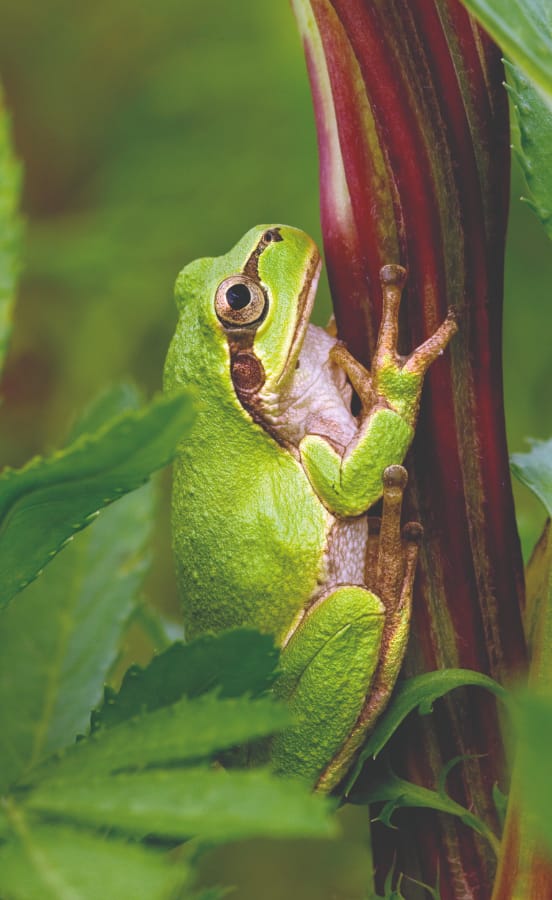Connect with conservation – orangutan genocide
Borneo's orangutan population is under threat

In the summer of 2015, I was lucky enough to visit Borneo; here I was able to observe orangutans in the wild, amongst other spectacular wildlife. This was a very humbling experience and one that I will never forget! Recently a portion of the news really caught my attention – for the wrong reasons, however. They reported on a study which found that between 1999 and 2015, a period of just 16 years, the population of Bornean orangutans had dropped by over half. This figure may not sound that alarming, but this enigmatic decline has a very sinister cause: the exploitation of the natural world to supply the developed world with cheap goods such as palm oil. The biggest contributions to the murder of orangutans include hunting and the logging of trees in order to grow these cash crops. It is estimated that over 100,000 orangutans have been lost in the period being studied – an average of 17 animals a day. To put this into perspective, it would similar to losing the entire population of Lincoln in the same amount of time.
“The biggest contributions to the murder of orangutans include hunting and the logging of trees for cash crops”
Only around half of Borneo’s original forest cover remains, constricting wildlife to smaller and tighter patches of suitable habitat. Where the forest stops, the plantations begin. This in turn is another cause of conflict as orangutans are often shot when they enter fruit and crop plantations, where they are seen as a major raiding pest. Declines such as these are unprecedented in a natural system without anthropogenic pressures, and it will take some time for the orangutans to recover if a suitable recovery programme can be established. Like us, they are slow to mature, although they are not as social as other great apes such as chimpanzees. If the current loss of the forest and orangutans continues then there is a very real likelihood that they will be extinct within our lifetimes.
Orangutans share approximately 97% of their DNA with us, and their name literally translates into the “man of the forest” in Malay. They are similar to us in so many ways but are also unique in their own right too. This raises the question: why do we not show more compassion for these awe-inspiring beings? Collaboration, outreach, and education are the only conceivable solutions we have for conserving these magnificent beings for future generations to marvel at. Moving away from using products that contain palm oil is just one of the ways that you can help to reduce your impact on orangutans.








